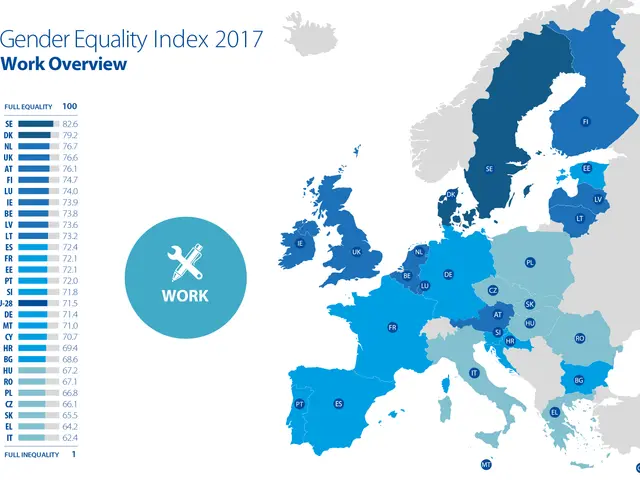US Passport Drops Out of Top 10 for First Time in Henley Passport Index 2025
The Henley Passport Index, a global ranking of passports based on the number of destinations their holders can enter without a visa, has seen significant shifts in its 20-year history. Notably, the US passport has dropped out of the top 10 for the first time, while Asian countries like Singapore, South Korea, and Japan lead the pack.
Christian H. Kaelin, chair of Henley & Partners, attributes the US passport's decline to a shift in global mobility and soft power dynamics. The US has lost visa-free access to several countries, including Brazil due to lack of reciprocity, and has been excluded from China’s expanding visa-free list. Changes in visa policies by countries like Papua New Guinea, Myanmar, Somalia, and Vietnam have also contributed to the drop. As a result, the US passport is now tied with Malaysia, providing visa-free access to 180 destinations, ranking it 12th.
The UK passport has also fallen to its lowest-ever position, ranking 8th. Meanwhile, China has climbed from 94th to 64th in the past decade, gaining visa-free access to 37 more destinations. The UAE has risen 34 places, from No. 42 to 8th place. In contrast, Afghanistan remains at the bottom, with visa-free access to just 24 destinations.
The Henley Passport Index 2025 shows a changing global landscape, with Asian countries leading in passport power. The US and UK's decline serves as a reminder of the fluid nature of global mobility and the importance of diplomatic relations in shaping visa policies.





